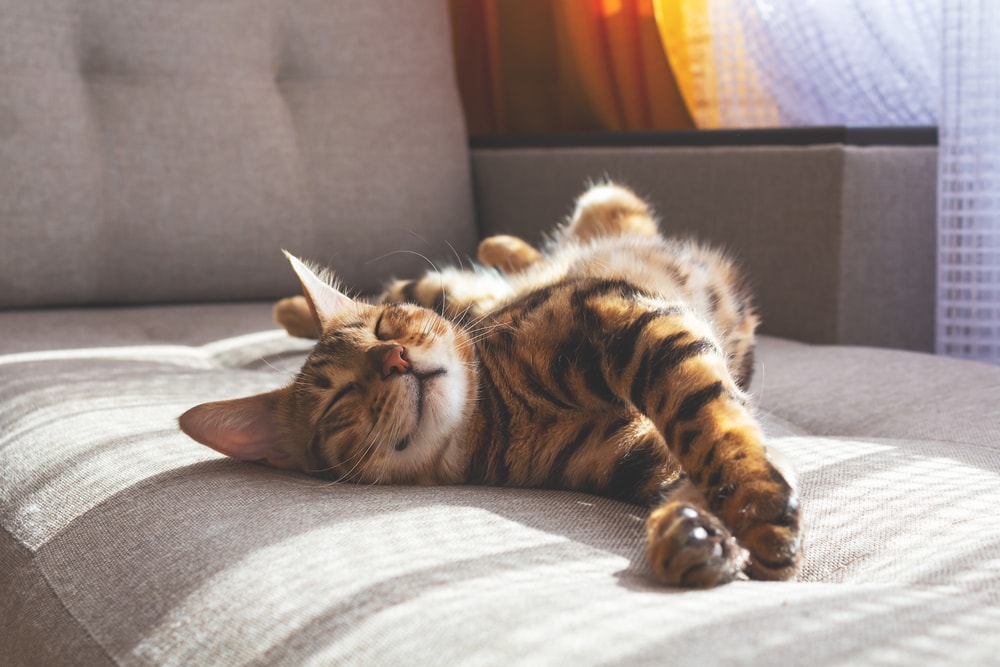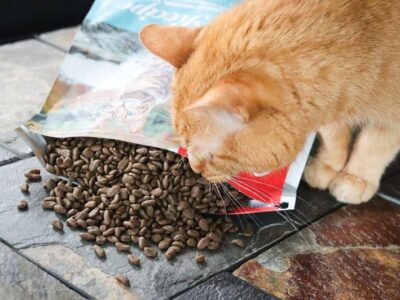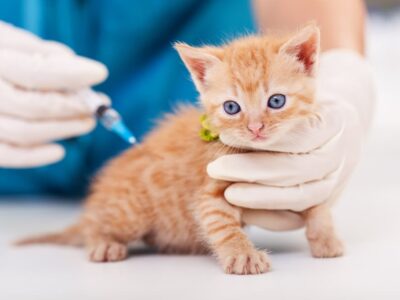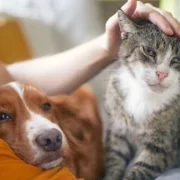Just like humans, cats can also experience anxiety when separated from their owners or from their environment. This condition is known as feline separation anxiety and it can be a major source of stress for both the cat and the owner. In this article, we’ll discuss what feline separation anxiety is, how to recognize the signs, and what you can do to help your cat cope.
What is Feline Separation Anxiety?
Feline separation anxiety is a condition that occurs when a cat becomes excessively anxious or stressed when separated from their owner or from their familiar environment. This can lead to destructive behavior, excessive vocalization, and other signs of distress. It’s important to note that not all cats will experience separation anxiety, but it’s more common in cats that have a strong bond with their owner.
How to Recognize the Signs of Feline Separation Anxiety?
The signs of feline separation anxiety can vary from cat to cat, but some common signs include:
- Excessive meowing or vocalization
- Destructive behavior
- Urinating or defecating outside of the litter box
- Excessive grooming or licking
- Refusal to eat or drink
- Aggression or biting
- Excessive clinginess
If you notice any of these signs in your cat when you’re about to leave or when you’re gone, your cat may be experiencing separation anxiety.
What Can You Do to Help Your Cat Cope?
If your cat is experiencing separation anxiety, there are several things you can do to help your cat cope:
- Establish a routine: Cats thrive on routine, so establish a consistent routine for your cat’s daily activities.
- Provide plenty of mental and physical stimulation: Provide your cat with plenty of toys, scratching posts, and playtime to keep them occupied.
- Use pheromone sprays: Feliway is a synthetic pheromone that can help calm anxious cats. It’s available in a spray or diffuser form and can be used to create a calming environment for your cat.
- Consider medication: In severe cases, your vet may prescribe medication to help your cat cope with separation anxiety.
It’s important to remember that feline separation anxiety can take time to resolve, but with patience and understanding, you can help your cat feel more comfortable and secure when you’re not around.
Feline separation anxiety can be a stressful condition for both cats and their owners. By understanding the signs and taking steps to help your cat cope, you can help your cat feel more comfortable and secure when you’re not around. Remember to be patient and consistent in your efforts to help your cat overcome separation anxiety.













Comments